The news is not good. On one side, we hear the news that the government of Rajasthan government is discarding the old syllabus in its public schools. The fall out of this policy decision is: three crore textbooks of classes I to VIII will be auctioned as scrap. The books, which had cost Rs 50 crore to publish, are estimated to fetch Rs 5 lakh.
At the moment, these three crore textbooks, are stocked in 34 depots. Centres like Jaipur have more than 27 lakh textbooks. These books were published on the basis of enrolment projections in private and public schools affiliated to the Rajasthan board of secondary examination.
According to a media report, the secretary of Rajasthan state textbook board (RSTB) said, "The new textbooks will replace the old ones". When and how, is unclear?
What transpired in the states of Kerala and Gujarat a few months ago does not inspire confidence in the RSTB utterance.
This sort of wastefulness is a matter of concern. Today, more and more states are drawing up a roadmap for higher education. In Maharashtra, the BJP-Shiv Sena government has set up a four-member committee led by educationist and economist, Narendra Jadhav. The committee will be drafting a policy that should set a direction for the future. It aims to expand the educational network in rural and adivasi areas, plus focus on skill development.
This policy will be a precursor for the Perspective Plan for Higher Education (PPHE). This is being watched with bated breath around India since other universities could emulate this plan.
Education levels are opaque. The census of India says we are a country with 74.04% literacy. On the other hand, the fact is, we are also a country where 60% of six- to 14-year-olds cannot read at the level of a child who has finished two years of schooling.
Kaushik Basu, who was an adviser to the Indian government in 2012, said, "India's rapidly rising literacy rate is being propelled by parents spending on private education to help their children get ahead. Ordinary people realised that, in a more globalised economy, they could gain quickly if they were better educated."
And this is where the private sector is stepping in; in an attempt to provide a good education.
Andhra Pradesh distributed vouchers for low-cost private schools to 6,000 pupils. There are institutions like Bridge International Academies, which runs 400 primary schools in Kenya and Uganda, and plans to open chains in Nigeria and India. This initiative is being backed by Mark Zuckerberg and Bill Gates and entails low-cost chains which use standard buildings made of
unfinished wooden beams, corrugated steel and iron mesh.
Interestingly enough, it has scripted lessons that teachers recite from hand-held computers linked to a central system. That saves on teacher training and monitoring. The grim news is: When officials visited schools in India, they found that a quarter of teachers were absent. This is not just schools in rural India but also among the urban poor in Delhi and Mumbai.
Education is a serious matter. And India cannot afford to have textbooks or a generation of children, scrapped.


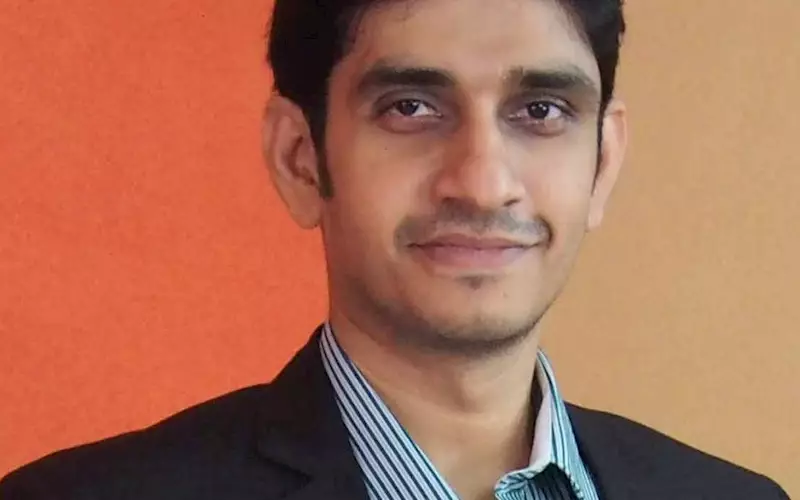
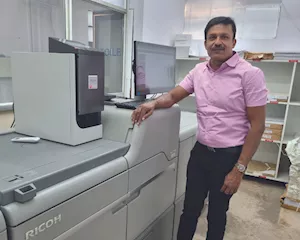

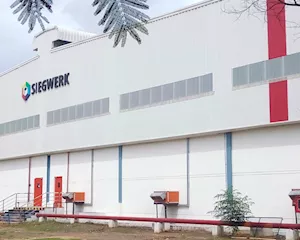
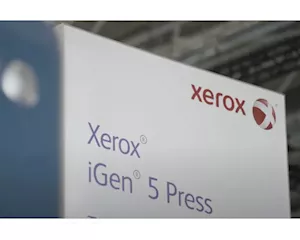
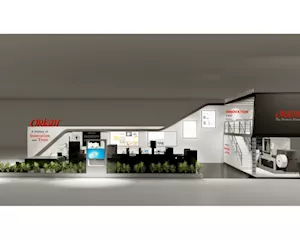






 See All
See All